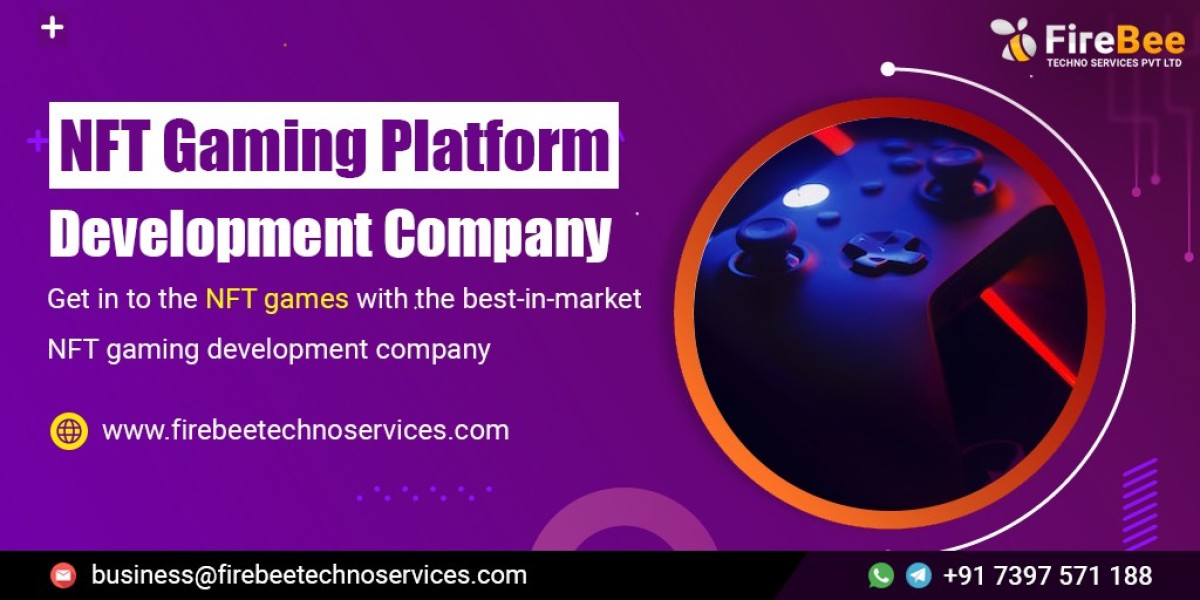The integration of NFTs into the gaming world has opened up a world of possibilities for both game developers and players. One of the key advantages of NFTs is that they provide true ownership and scarcity of in-game items or characters. Traditionally, players could spend countless hours acquiring rare items or unlocking achievements in a game, only to find that they don't truly own them and cannot transfer or sell them outside of the game's ecosystem.
With NFTs, players can now truly own their in-game assets. These assets are stored on a blockchain, which ensures transparency, security, and immutability. This means that players can buy, sell, and trade their NFTs freely, both within and outside of the game. The concept of true ownership has gained significant appeal among gamers, as it allows them to have more control over their digital possessions and even potentially monetize their gaming achievements.
Moreover, NFTs have introduced a new level of interoperability among games. Since NFTs are built on open standards, they can be used across multiple gaming platforms and even integrated into different games. This means that players can take their NFTs from one game and use them in another, creating a seamless gaming experience and allowing for cross-game collaboration and competition.
From a game developer's perspective, NFTs offer exciting opportunities to create new revenue streams. By issuing limited edition or rare NFT items, developers can tap into the collectibles market, where players are willing to pay a premium for unique virtual assets. Additionally, developers can set up marketplaces where players can buy, sell, and trade NFTs, generating transaction fees and fostering a vibrant in-game economy.
However, the rise of NFTs in the gaming world is not without its challenges and controversies. The environmental impact of blockchain technology, particularly in terms of energy consumption, has raised concerns. Additionally, the market has seen instances of fraud and scams related to NFTs, with fake or stolen artwork being sold as NFTs. These issues highlight the need for proper regulations and consumer protections in the growing NFT space.
In conclusion, the integration of NFTs into the gaming world has brought about significant changes and opportunities. With NFTs, players can truly own and control their in-game assets, while developers can explore new revenue models and create immersive gaming experiences. However, as with any emerging technology, it is important to address the challenges and ensure the responsible and sustainable growth of NFTs in the gaming industry. I think if you choose the right NFT Gaming Development Company, yes Fire Bee Techno Services is best gaming development company if you know more about gaming development get a free demo today.







